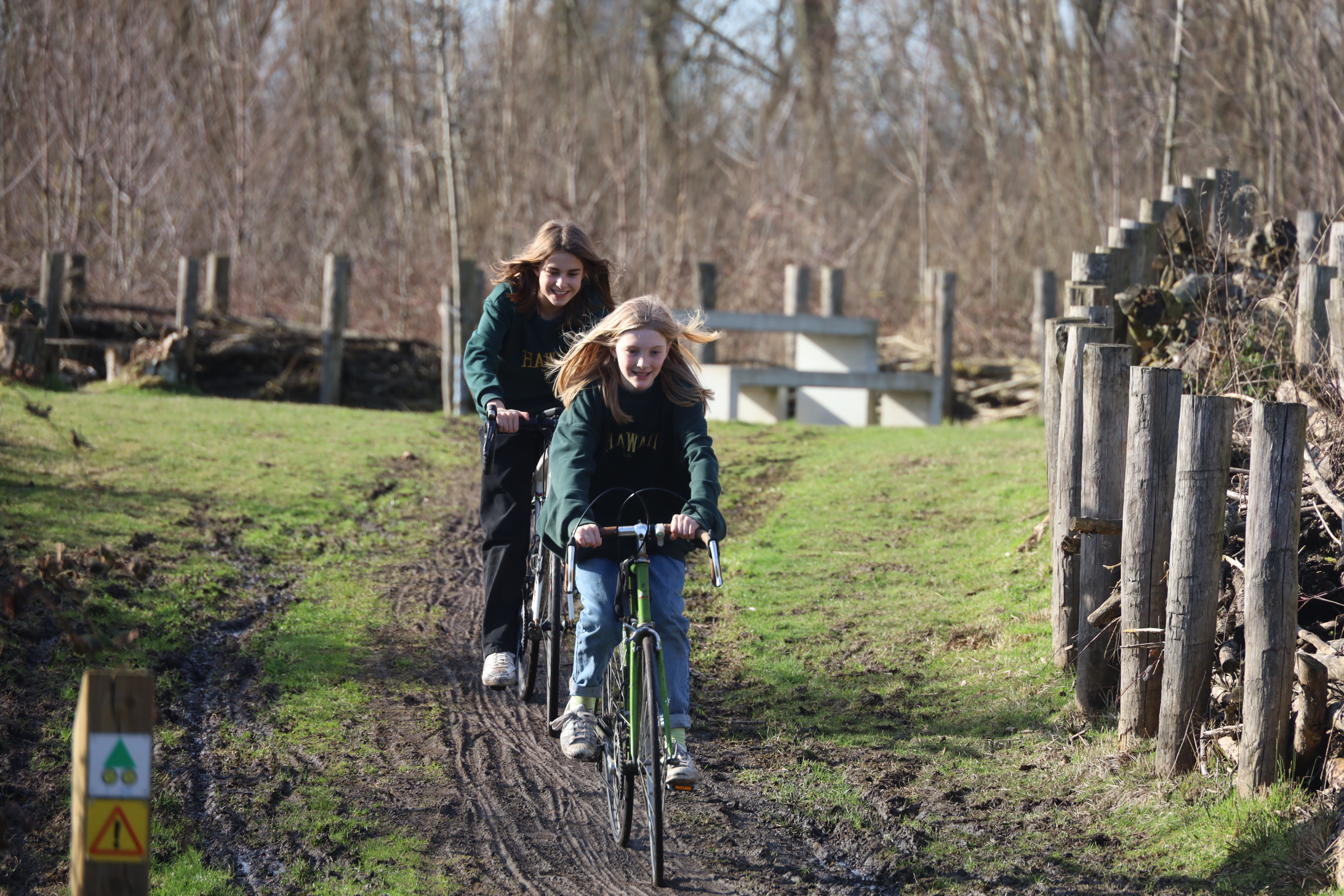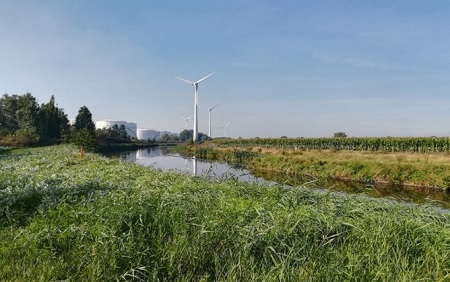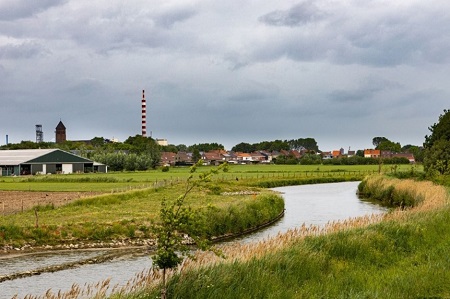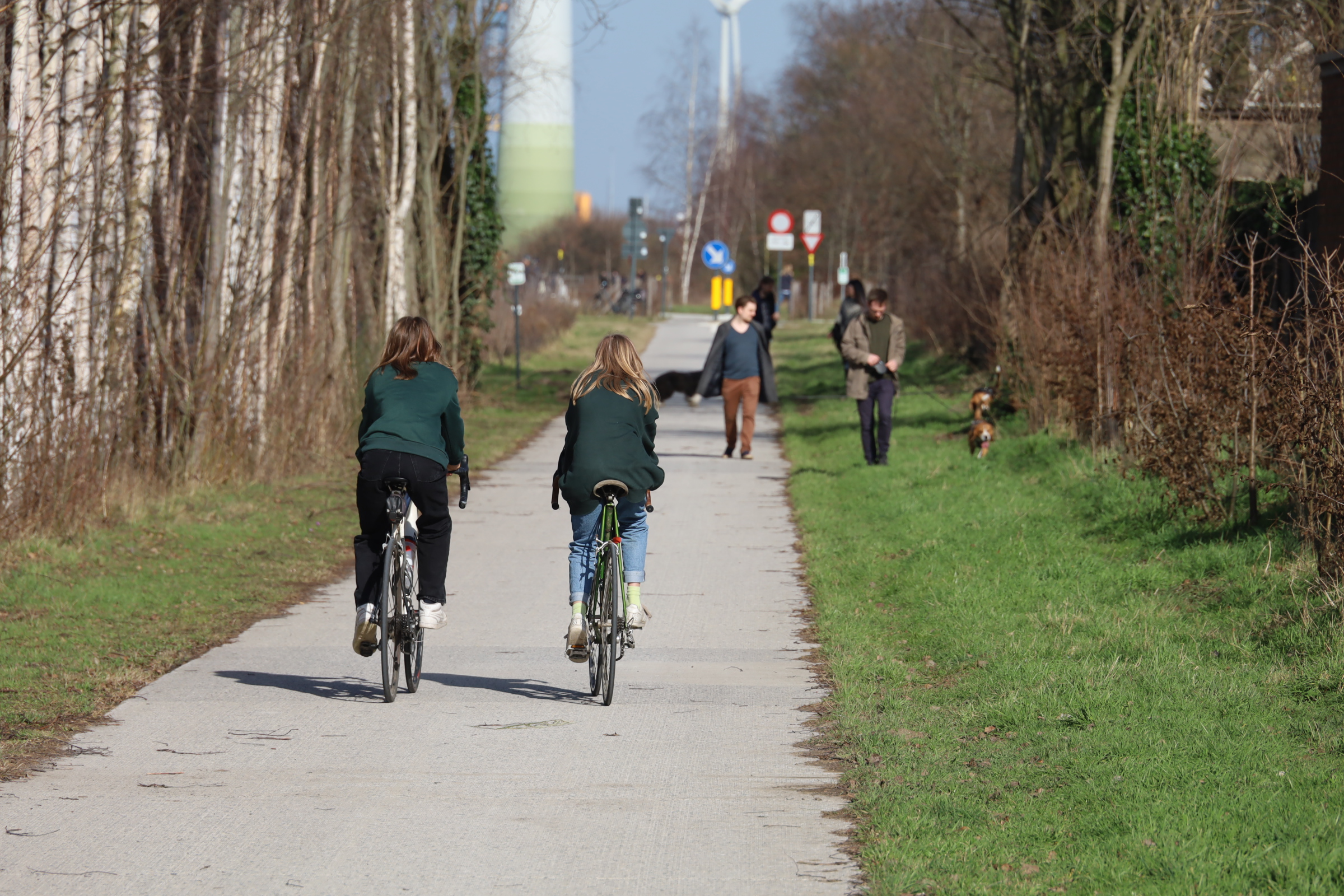ESPO Award 2023: let us present the shortlisted projects: North Sea Port
25 October 2023
Under the theme “Nature restoration projects in ports benefitting the local community”, the ESPO Award 2023 will go to the port managing body which has developed innovative ways to develop these new roles and combine port development with successfully protecting and restoring nature in and around the port area to the benefit of the citizens and local community. The winning project will be a project which can clearly demonstrate how nature protection and restoration efforts can be successfully combined with port development projects.
The four projects that are shortlisted for this year’s Award are the projects of Port of Cartagena (Spain), Guadeloupe Port Caraïbes (France), North Sea Port (Belgium- Netherlands) and Port of Vigo (Spain).
ESPO is proud to present the shortlisted projects before the winner is announced during the traditional ESPO Award Ceremony and Dinner taking place on 7 November at the Art and History Museum in the Cinquantenaire in Brussels. The ESPO award ceremony will be celebrated together with the 30th anniversary of ESPO. Find out more about the project of North Sea Port.
North Sea Port, Belgium - Netherlands
Connecting nature in Ports and residential areas – Ghent Canal Zone and Moervaart Valley
Could you briefly describe your project?
How has your project contributed to the successful protection and restoration of nature in and around the port area to benefit the citizens and local community? Could you tell us more? How does your project contribute to the societal integration of the port?
- Multifunctional buffer area: In the project, residential areas, forest, nature, and industry are woven into a single landscape. Different landscapes flow into each other, rather than creating a strict separation between the industrial landscape, nature areas, and residential areas, and hence the project successfully connects them.
- Project by all stakeholders: This extraordinary way of connecting industry, nature, and housing has come about thanks to successful use of bottom-up participation of all stakeholders: local residents, nature organisations, farms, industry, authorities, and ports.
- Landscape fund: Having companies voluntarily co-finance a landscape fund to achieve better landscaping of their business zones has not yet occurred elsewhere.
- Stakeholders remain involved: Management and maintenance of the areas by an independent organisation proved to be a prerequisite for success on behalf of all partners. Residents and other stakeholders remain closely involved in the maintenance and further management of the areas.


Why do you think your project deserves to win the ESPO Award 2023?We are convinced that our project is a successful and proven example of nature conservation and nature restoration in and around our port area. The success of our project lies mainly in the fact that we designed and carried out the project in close collaboration with local residents but also with all other stakeholders in our port area. The feedback from local residents provides objective evidence of the success of our project. They experience that the areas have a positive impact on the quality of their living environment and their appreciation of, and positive association with, the port and its industry. The project is important for North Sea Port, its license-to-operate strategy and our motto: Together Smarter. North Sea Port is all about society, not against one another, but with one another: local residents, authorities, and companies, with North Sea Port acting as a connector. The continuous search for a better balance between industrial and logistics business development and nature is also part of North Sea Port’s strategy. This project is living proof that North Sea Port takes this strategy seriously and translates it successfully and close collaboration with the local community into action. Hopefully we will inspire other ports with our approach. Therefore, our project deserves the ESPO Award 2023.
"The interconnected areas around the Kluizendok in Ghent and Evergem were an arduous task, but the result can certainly be seen. They boost the quality of life of the residents of Rieme and Doornzele with beautiful green buffers. But the area is also a real gem for walkers, cyclists, and nature lovers."
Zuhal Demir, Flemish Minister of Environment

Related documents
No attachments.
